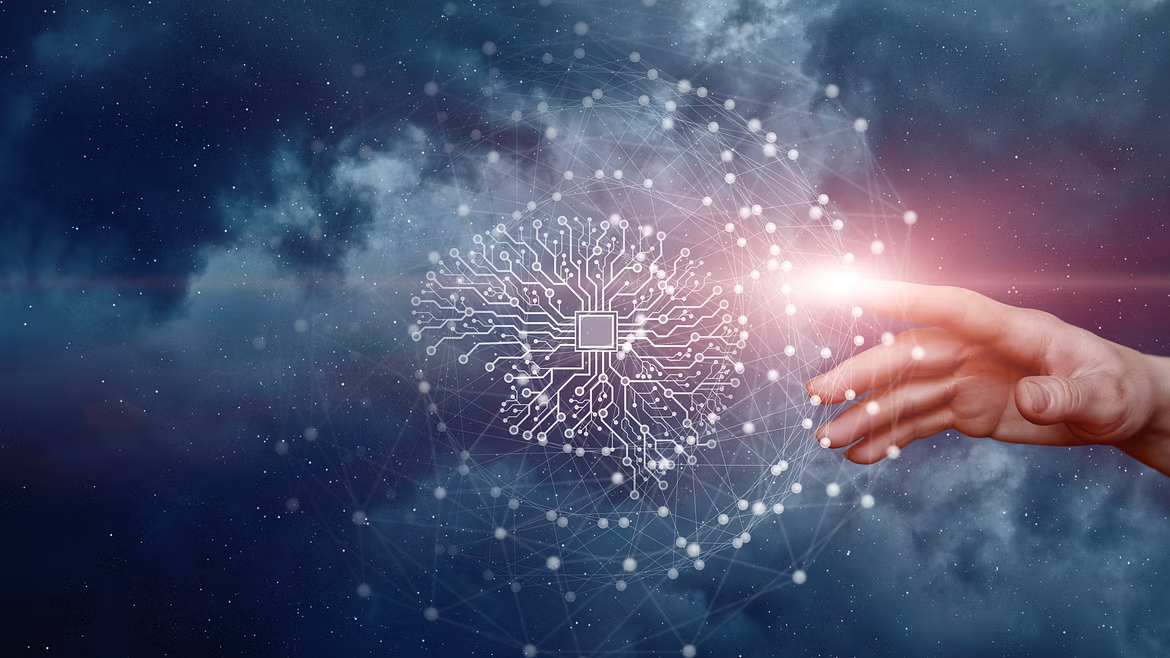Evolution of HR: The Shift from Generalist to Specialist Roles
Events & Jobs EventsPosted by NewAdmin on 2025-02-03 09:14:30 |
Share: Facebook | Twitter | Whatsapp | Linkedin Visits: 28

With the rise of liberalization and globalization, the humanresources (HR) function has undergone rapid transformation. Progressiveorganizations are now experimenting with new HR models, aligning the functionwith the broader organizational goals. As HR faces increasing pressure todeliver quick and efficient services, collaborate with business leaders, andremain relevant, the role of HR has become more specialized, influenced byglobal HR practices and evolving business needs.
From Generalist to Specialist Roles
Historically, HR generalists were considered the “jack of alltrades,” responsible for overseeing daily HR operations, industrial relations,welfare, labor law compliance, and administrative policies. However, asbusiness models have become more diverse and global, and as sector-specificchallenges have intensified, the demand for specialized HR roles has surged.These specialists now focus on specific HR competencies, each addressing adistinct area within the HR function. The scope and importance of these rolesdepend on the nature of the business model and the unique challenges theorganization faces.
Global operations have introduced complex HR challenges, such asrecruiting the right candidates at the right time, onboarding them effectively,meeting the aspirations of young talent, and, crucially, retaining them. Amongthe foremost specialist HR functions are automation in areas like payrollprocessing and compensation management. Additionally, talent acquisition,talent management, and learning and development have emerged as criticalspecialist domains.
Specialist HR Functions and Technological Advancements
Learning and development, which focuses on employee training,upskilling, and reskilling in response to evolving technologies, is among themost significant specialist HR functions today. New business models,multinational companies, and advancements in IT and telecommunications have allpresented new challenges that the HR function must address. Rather than waitingfor formal research or the evolution of HR practices, companies are adoptingspecialist roles to tackle these challenges head-on.
Technological innovations, such as WhatsApp, Skype, and socialmedia, have revolutionized communication, enabling HR to provide faster, moreaccurate services. The rise of artificial intelligence (AI) in recruitment hasalso simplified processes like resume screening, technical testing, andinterviews, while automating repetitive tasks. HR administration and routinefunctions are also benefiting from automation, making the overall HR processmore efficient. Training has evolved, moving away from traditional classroomsettings to more flexible, on-demand models that can be accessed anywhere,anytime.
Opportunities for HR Professionals in the New Era
Today's HR professionals who embrace new technologies andspecialize in specific HR functions are thriving in this changing landscape.Innovation, start-ups, and the emergence of new business models are drivingthis transformation. The younger workforce must quickly adapt to theseadvancements, while academia must step in to equip them with the skillsnecessary for success.
The Role of Academia in Preparing the Next Generation of HRProfessionals
Universities, especially in tier-2 and tier-3 cities, often lackexposure to specialist HR functions, which can hinder students' preparednessfor the evolving HR landscape. To bridge this gap, academic programms likeMaster of Social Work (MSW) and Master of Business Administration (MBA) shouldbe revamped to include more HR specialist papers for in-depth learning.Additionally, offering exclusive internships and experiential learning labsfocused on new HR technologies can provide students with practical exposure.
Students should also be encouraged to network with senior HRprofessionals and seek mentorship to understand the diverse range of HR rolesavailable. This proactive approach will help them recognize and prepare forvarious specialist HR functions.
Building HR Specialists: Challenges and Rewards
Organizations are eager to bring HR specialists on board, withclearly defined roles and responsibilities. However, it is ultimately the HRprofessionals’ responsibility to deliver results and earn the trust of theorganization. Those who excel in specialist roles are often highly recognizedand rewarded, with opportunities to become subject matter experts in theirchosen fields.
Both generalist and specialist HR professionals must continuallyadapt to new technologies and enhance their competencies to remain effective.For those aspiring to reach senior HR positions, such as vice president ordirector of HR, gaining experience across a range of specialist HR functions isessential.
Inconclusion, the evolution of HR from generalist to specialist roles isreshaping the profession. By embracing new technologies and focusing on nicheHR areas, professionals can carve out successful careers in this dynamic field.
Search
Categories
Recent News
- Unlocking Opportunities: British Council's STEM Scholarships for Women
- Hyderabad's Cybercrime Help Desk: Revolutionizing Victim Support
- Kerala Lottery's DhanaLekshmi DL-38 Unveils Its Lucky Winner
- Supreme Court Demands Action on Alleged Fraud by Anil Ambani's Firms
- China's Space Ambitions: A Giant Leap or a Pipe Dream?
- India-U.S. Trade Deal: Rupee's Cautious Dip
- Kannauj's Aromatic Journey to Europe: A Historic Trade Deal
- Chelsea's Cup Dreams Shattered: Fofana's Emotional Exit
Popular News
- Navigating IPO Market Dynamics Amid Volatility and Regulatory Changes
- Massive Worldwide Microsoft Outage Disrupts Multiple Sectors
- Panjapur Bus Stand to Reshape TNSTC Routes
- తెలుగుదేశం పార్టీ - పేదరికాన్ని నిర్మూలించడంలో వాగ్దానం
- Universities Embrace Remote Learning Technologies Amidst Ongoing Pandemic